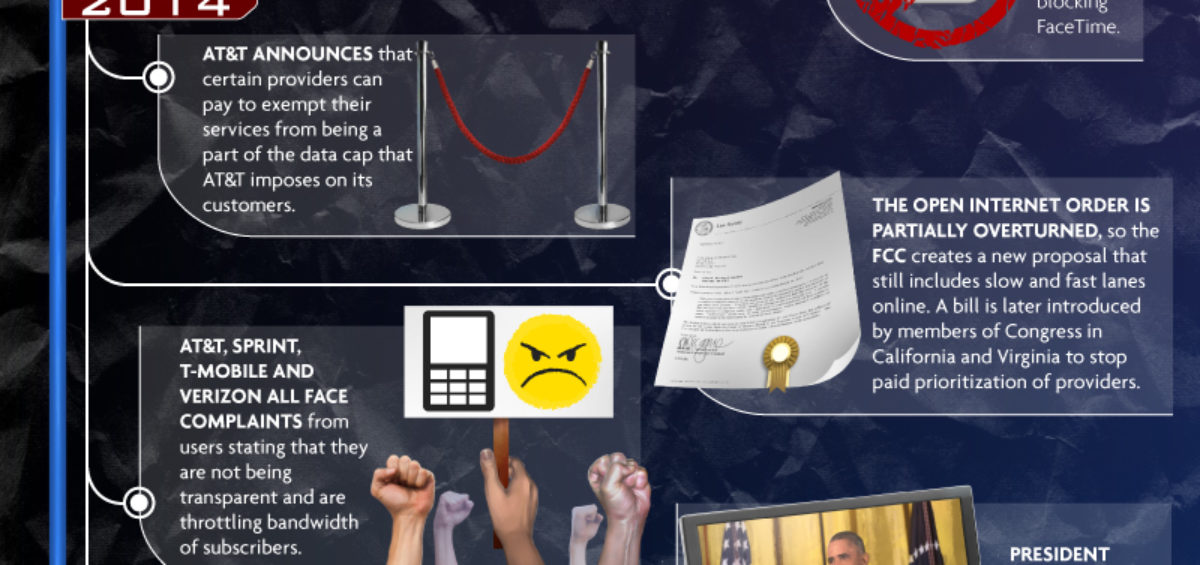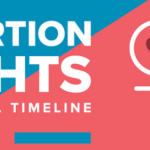Net neutrality: two words that incite impassioned debates and apathetic yawns in equal measure. Everyone loves their Internet, and they curse the WWW gods if their Netflix runs slowly, but people only care about net neutrality, it seems, when they can connect the mental dots between the electronic services they love and the politics threatening to limit it. From the speed of streaming content to the fairness of the market in which aspiring entrepreneurs and small businesses can create, net neutrality goes a long way toward determining all of our experience. The Internet gods aren’t mythical beings–they’re business owners, politicians, and multi-billion-dollar lobbies, and they don’t respond to prayers or curses but rather votes and purchases.
Should net neutrality be regulated? And if so, by whom? Can the FCC be trusted more than unrestricted capitalism to keep the stream of ideas, data, and net evolution flowing freely? We need all the information to make up our minds, and this infographic is an outstanding gathering of the facts. It lays out the history of the fight for neutrality, the basic terms, what’s at stake, and a lay of the land in both the court of public opinion and the political battlefield.








Leave a Comment